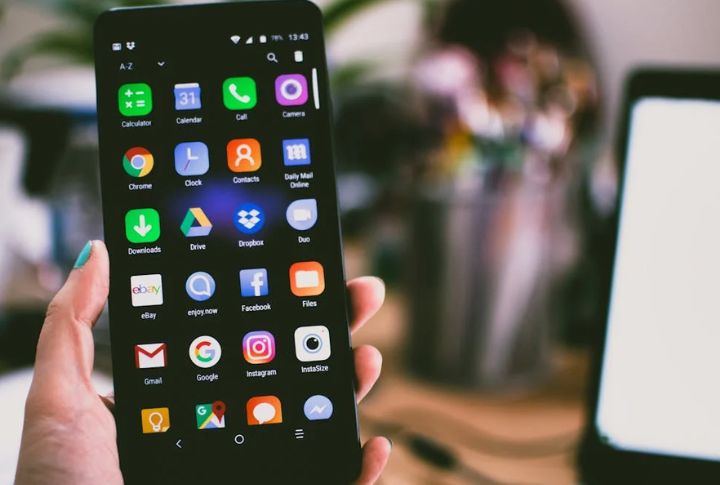
Being busy all the time has become the new normal, but many people don’t recognize it as a form of poverty. They just seem to have no spare time for new activities or even have proper rest. However, the emotional and physical consequences are often hidden. So, let’s take a closer look at the surprising ways time poverty is reshaping everyday life—and what it could mean for you.
Time Poverty Is A Modern-Day Dilemma

Half of U.S. adults reported in surveys that they don’t have enough time daily. The phrase “time poverty” captures this growing tension between obligation and opportunity. It’s a modern crisis disguised as busyness, which is stealing peace of mind and personal fulfillment.
Mental Health Implications

What happens when you constantly feel rushed and behind? Time poverty can erode emotional stability, much like being unemployed. Long-term stress around it can trigger anxiety and even depression. Therefore, mental well-being suffers most when the clock becomes an enemy rather than a helpful tool.
Physical Health Consequences

It affects your physical health in ways you may not notice immediately. Essential habits like exercise and nutritious eating often fall by the wayside under the pressure of packed days. This consistent neglect can raise risks for chronic conditions. In many cases, wellness fails not by choice but due to structural time constraints.
Impact On Relationships

One of the first things sacrificed by packed calendars? Human connection. People with limited free time report feeling lonelier, even around family. Social bonds usually erode in the absence of shared meals, conversations, get-togethers, and quiet companionship. Therefore, time poverty chips away at relationships before anyone notices.
Workplace Productivity

Burning the candle at both ends may boost short-term output, but it’s a long-term trap. Excessive work hours are linked with burnout and higher quit rates. More work doesn’t always equal better results. Instead, it leads to mental fatigue, which undermines efficiency and morale.
Gender Disparities

Every day, women in the U.S. spend around 4.5 hours on unpaid labor, which is more than men by a significant margin. This time gap reveals deep-rooted societal norms that limit women’s rest or leisure hours. Without structural changes, the imbalance will continue to make women chronically overstretched.
Economic Costs

When you’re short on time, you often spend more to make life easier—takeout meals, grocery delivery, paid childcare. It adds up fast. The less time you have, the more you pay to get some back. In the long run, time poverty doesn’t just stress your schedule but drains your bank account, too.
Policy Oversight

Lawmakers rarely address time scarcity, despite its impact on millions. While material poverty receives focused legislation and aid, time deprivation remains mostly invisible in policy circles. The silence at the federal level signals how undervalued personal time is in a culture obsessed with productivity and profit.
Technological Paradox

Smartphones and apps were meant to save time, but did they? Instead of relief, tech has ushered in constant alerts and round-the-clock availability. The promise of efficiency morphed into digital overload, leaving people more scheduled, more reactive—and ironically, more out of time than ever.
How To Break This Loop

Flexible work schedules, shared domestic duties, and mindful scheduling are the real solutions. Experts continue to emphasize that time poverty is more about a lack of autonomy over one’s hours. With intentional shifts in policy and mindset, you can gradually reclaim your time and rebuild breathing room into life.
